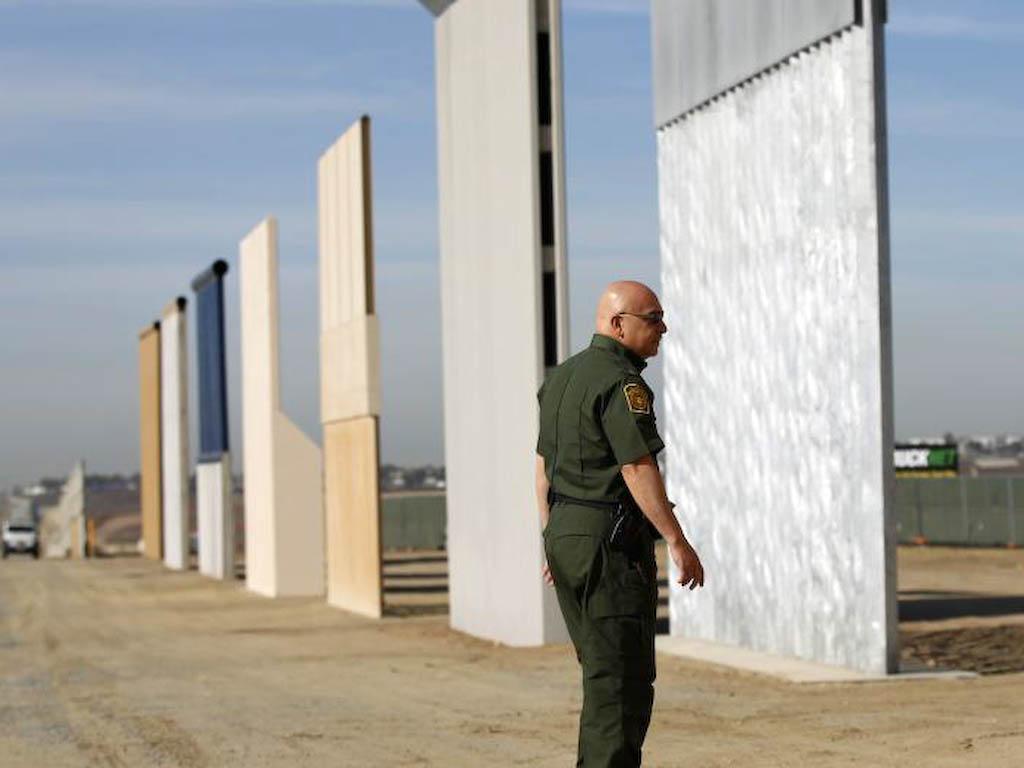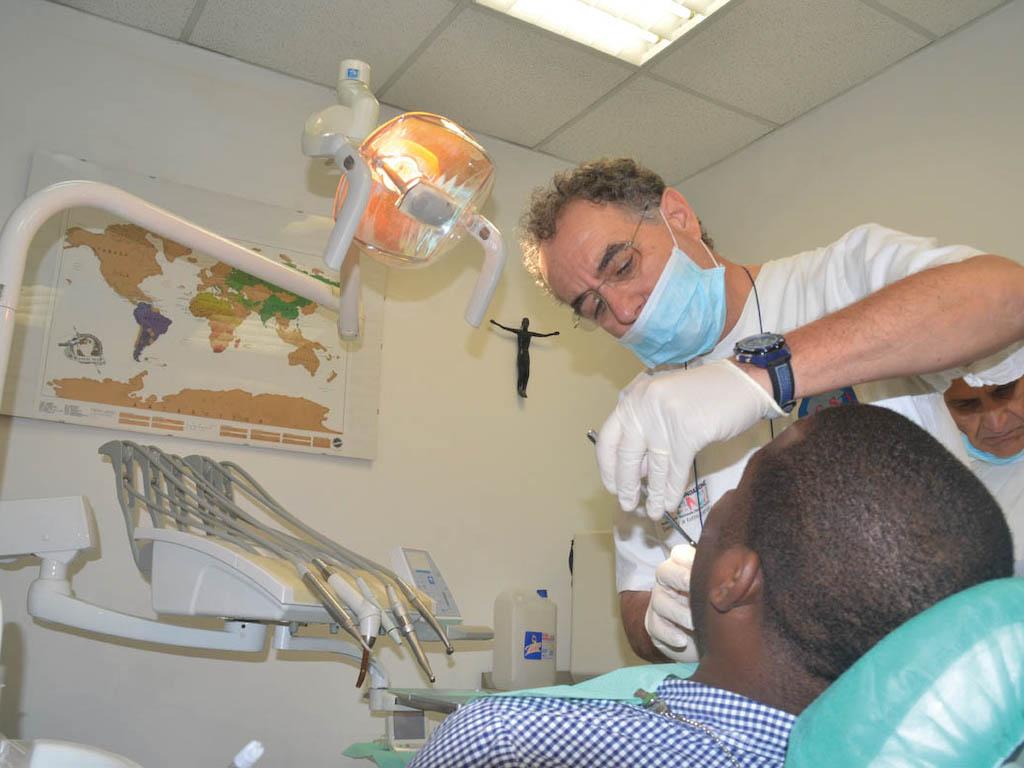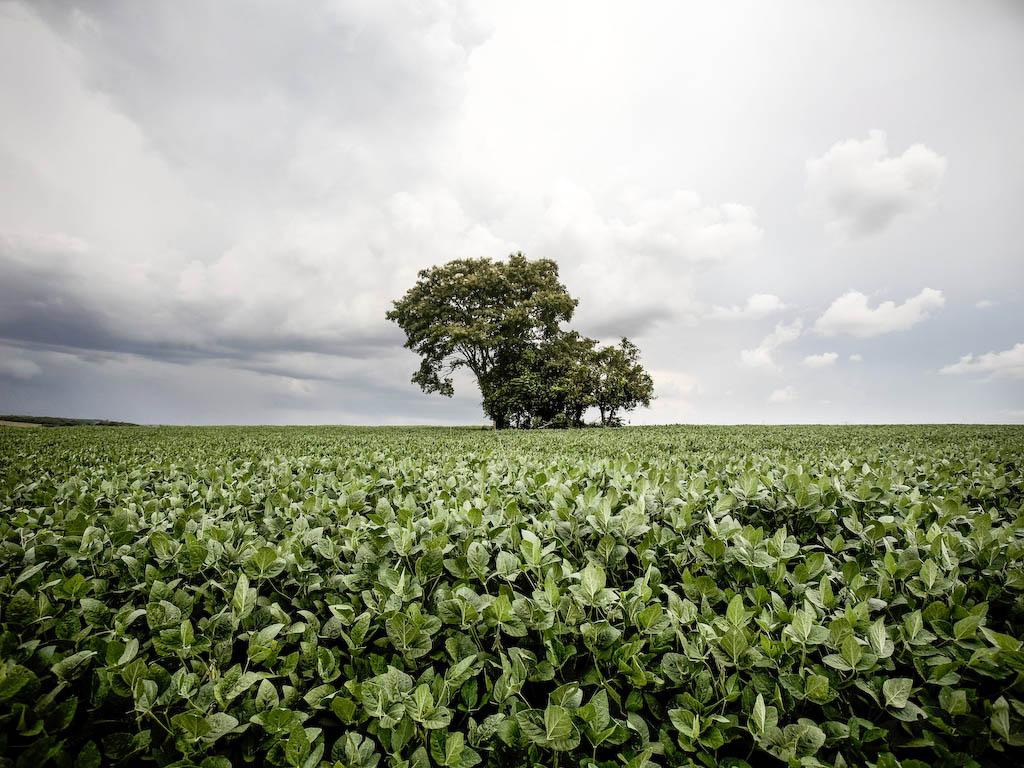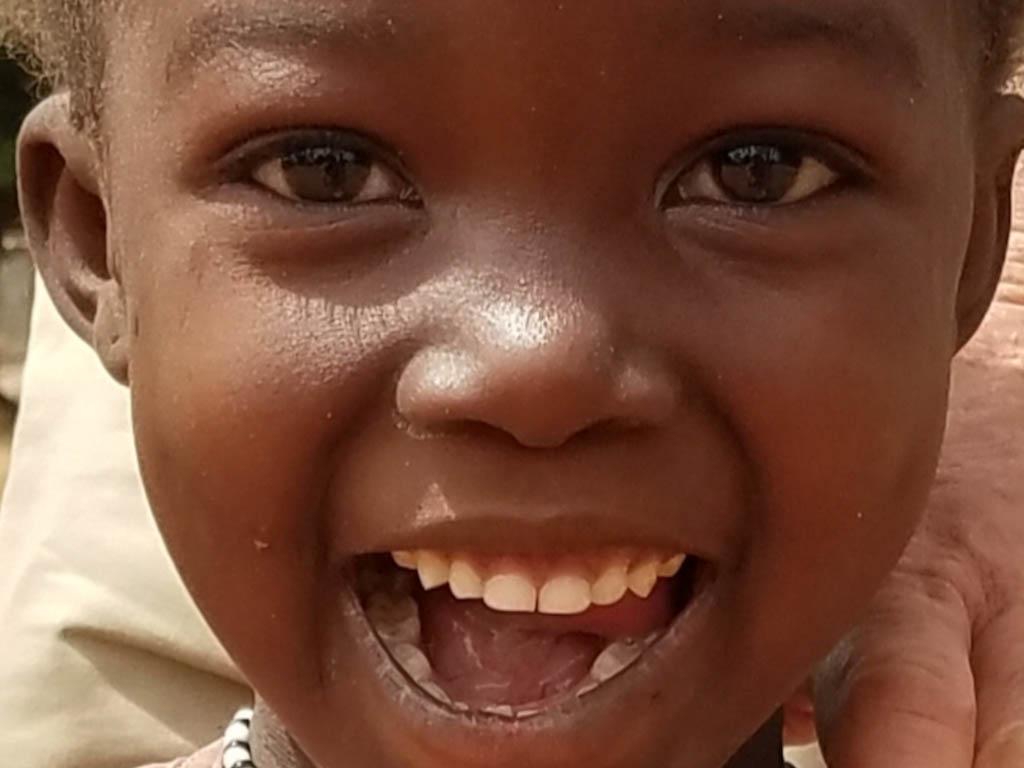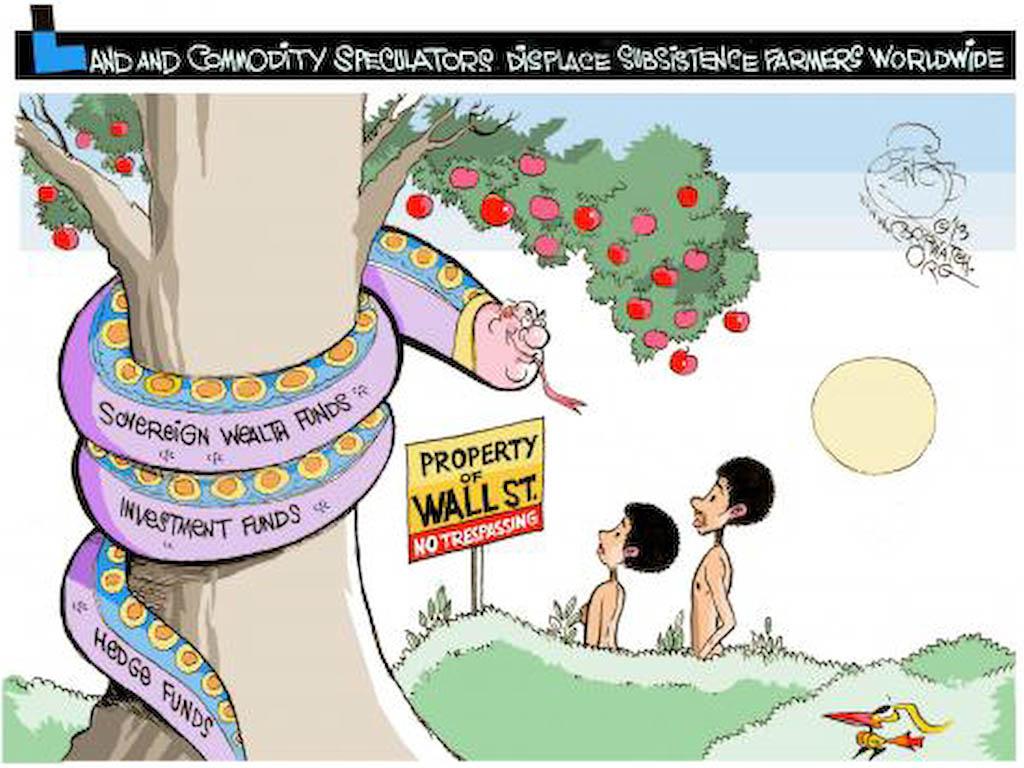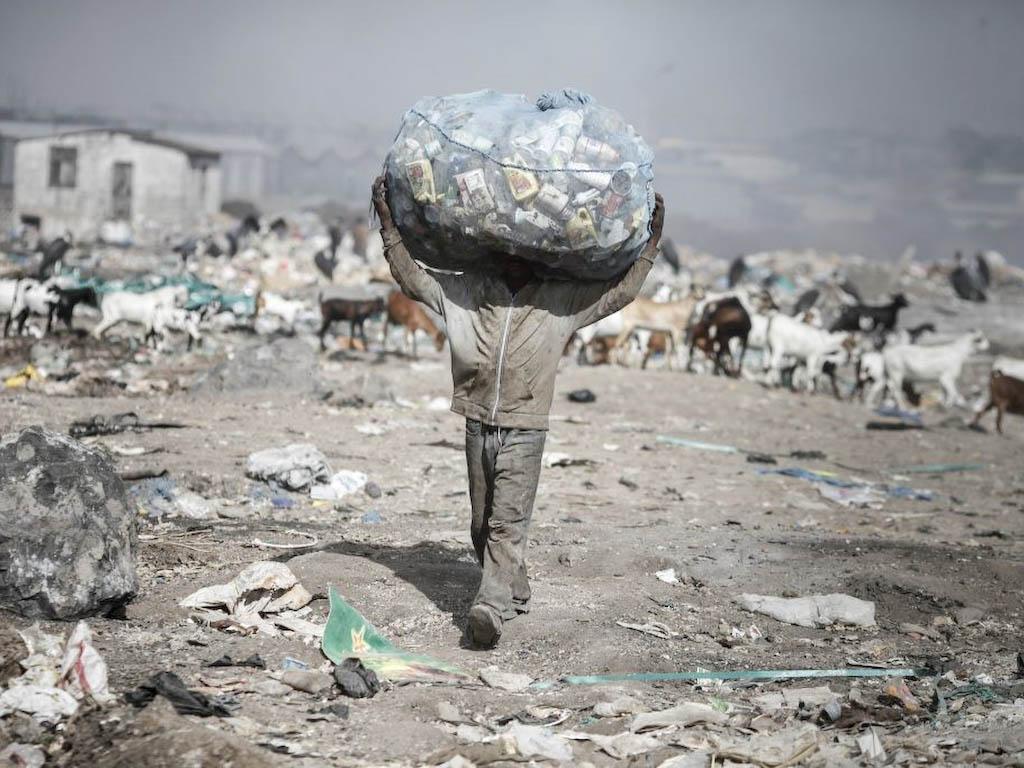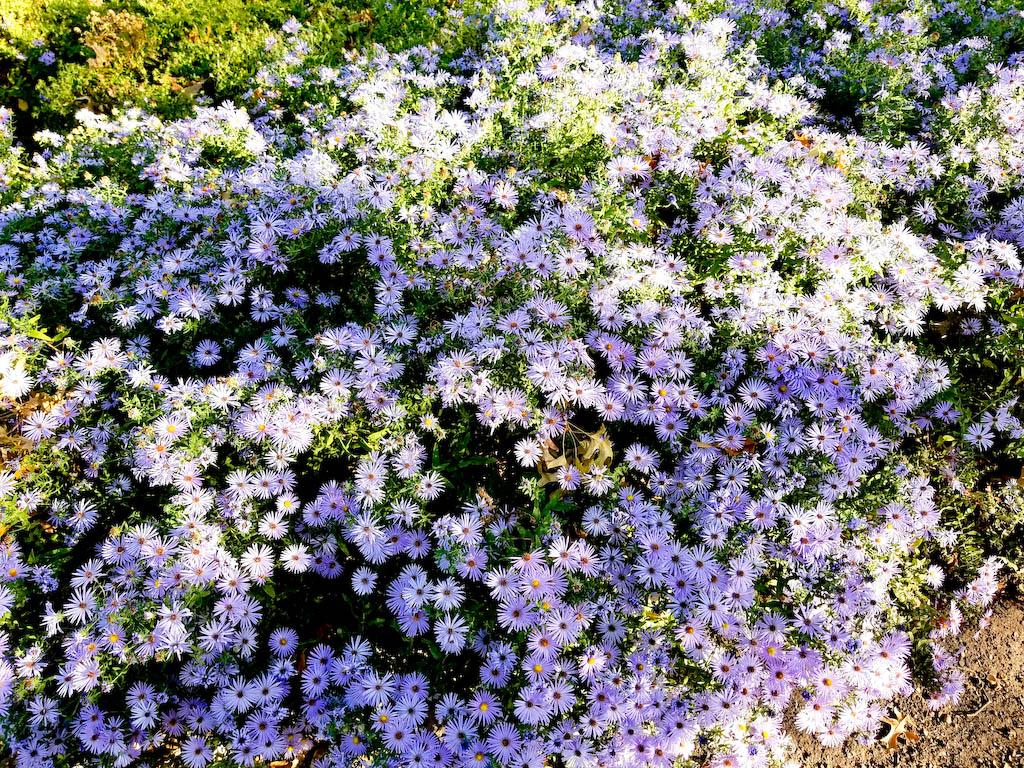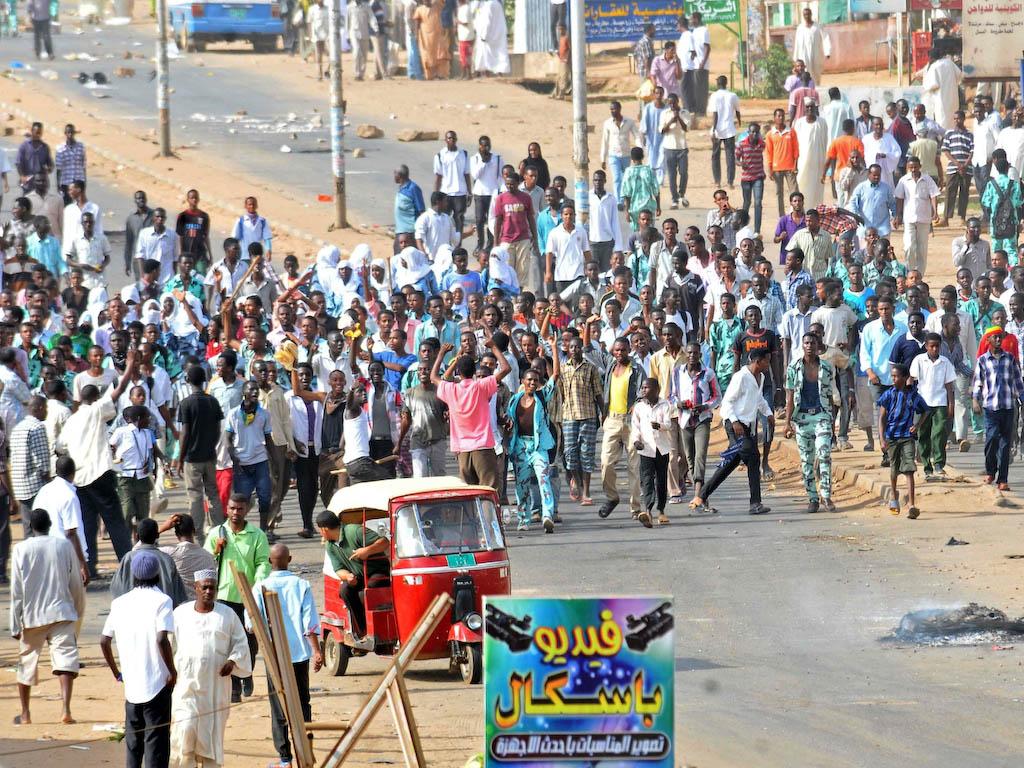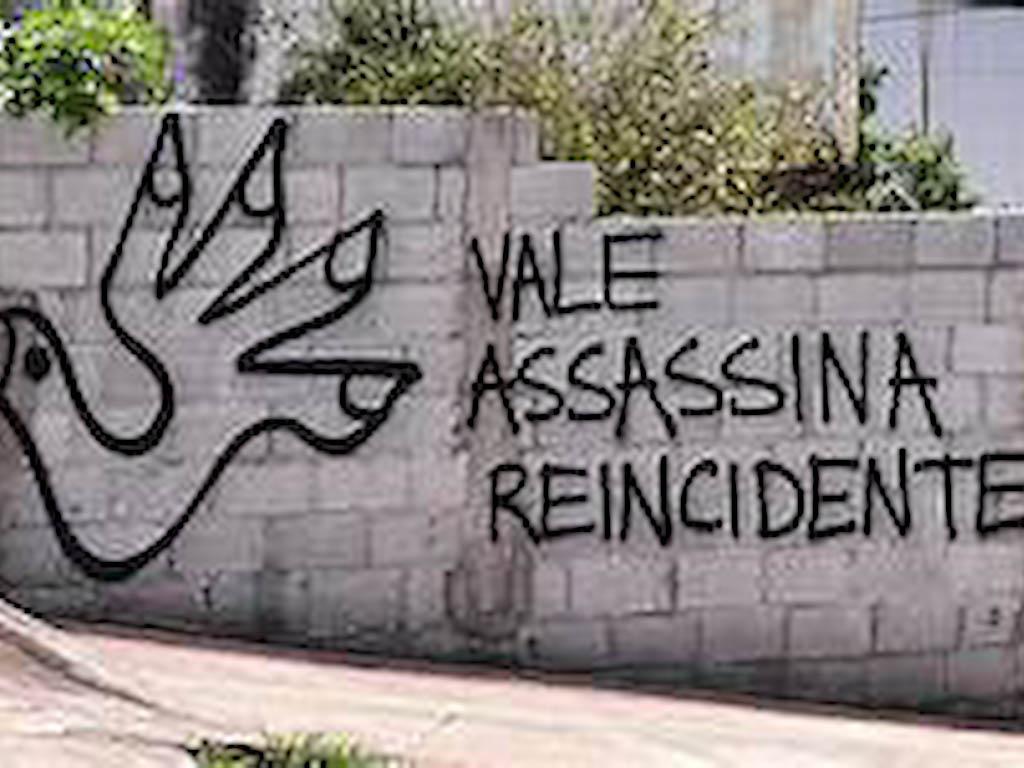Jpic News from John Paul Blog - Vol. 7 - N 3
|
THE NEWS OF THE MONTH
Border wall would not halt undocumented migrationBesides policies and political options, something strikes in the modern way of running public matters: it is an ideological previous prejudice that seems to discriminate and direct any decision. The so-called Trump wall is the most conspicuous example. The Center for Migration Studies of New York (CMS) has released a new report finding that the number of persons overstaying their visas exceeded entries without inspection (EWIs) (e.g., illegal border crossings) for the seventh straight year. From 2016-2017, visa over stayers accounted for 62% of the newly undocumented, while 38% had crossed a border illegally. The new report - authored by CMS senior fellow Robert Warren - came at a time in which the federal government shut down for a record 25 days in an effort by the Trump administration to obtain federal funding for a border wall on the US-Mexico border. This report provides estimates of the number of noncitizens who overstayed temporary visas and those who entered without inspection (EWIs) in 2016 by the top five countries of origin. For the visa overstaying during each of the last seven years, Mexico was the leading country in 2017, with about twice as many as India or China. “Not only is a wall expensive, it fails to address the issue at hand,” Kerwin concluded. “Our elected leaders in Washington need to begin reforming our broken system in a humane, effective, and balanced manner, including legalization of DACA recipients and long-term beneficiaries of Temporary Protected Status.” As Albert Einstein succinctly puts it, “No problem can be solved from the same level of consciousness that created it.” The report is now available here | |
|
THE GOOD NEWS
ACSE’s Jubilee in RomeOn January 23rd, with an interesting and highly attended meeting, the celebrations of the ACSE’s Jubilee began in Rome. Fr Venanzio Milani, current president of the ACSE, presented the story from the beginning with Fr. Renato Bresciani up to the present day, with his various activities. There were over 150 people who filled the Dante hall of Palazzo Poli, which is just behind the famous Trevi Fountain. Besides the friends of the ACSE, were present the Comboni sisters with their General Superior, the Comboni Missionaries, the representatives of other Institutes, many young Africans and other persons. There were interesting testimonies of one of the first collaborators, of two young women, an Ethiopian and an Afghan, who took advantage of the ACSE scholarships and now are engineer and lawyer, and of Sr. Maria Rosa Venturelli, vice president of ACSE. One of them, Rutelli, who met and helped Fr. Bresciani, reminded him as a man of free and generous faith, who helped him as Rome mayor to learn more about the conditions of immigrants and people in need. The ACSE acronym actually means, "Comboni Association for the Service of Emigrants and Refugees" and was a prophetic intuition of a missionary, Fr. Bresciani who after living tens of years in Africa, in 1969 found Africans in Italy. His intuition was far-reaching. He was not only concerned with the urgent material assistance and the legal one, since at the beginning it was dealing above all with refugees fleeing the war, but also concerned with their enculturation and professional preparation. When it is said that the Church does too little for immigrants, perhaps it is precisely this that it is underlined - with the ever increasing influx of immigrants, the Church have managed to do too little to help them understand the new cultural and social context in where they find themselves living. The meeting concluded with a masterly conference by the sen. Luigi Manconi on the current situation of immigration. Other meetings have also been scheduled in Rome: on 28th February, at the General Curia of the Comboni Missionaries, on the theme "Current scenarios of the migrants’ health"; on March 25th at the Seraphicum on the theme "Welcome that regenerates"; on May 18th (venue to be defined) a musical evening with songs, dances and African music. | |
|
THE WORST NEWS
“Men are destroying the planet without even realizing itUsually accustomed to answering to journalists' questions, Prince William has fallen into the role of interviewer at the World Economic Forum in Davos, Switzerland. Close to him was the 92-year-old Sir David Attenborough, the most famous British science writer, author and above all the narrator of numerous nature documentaries produced for the BBC. Reduced from his latest 'fatigue', the series "Our Planet" made exclusively for Netflix and available for streaming from next April 5, Attenborough expressed his concerns about the state of health of the planet, victim of global warming and reckless actions of man who put the whole ecosystem at risk. | |
|
CELEBRATING!
Dreaming of hopeThe Sudan Airlines' 737 rolls on the Wau’s runway. I look down while the land widens towards the horizon, painting mangos and acacias trees on the grey and reddish sand, making the brushwood and shrubbery look like ground miscarriages. Scattered here and there the small huts of mud and straw: those with zinc roofs go quickly behind as soon as the flight going up leaves the city area. I contemplate the borderless Wau’s land. While the ground passes behind, a cloud of memories suddenly brought me back to the past. Wau! A name I heard first long time ago, in 1957 when I joined the Comboni Missionary. Nannetti, a father recently back to Italy from Sudan, was supposed to teach us geography. Actually, to our delight, he spent the lessons talking about his missionary experience and we became more familiar with people’s names such as those of Shiluk, Dinka, Nuer, Bari, Acholi and places like Juba, Rumbek, Malakal, Wau, and Gondokoro than with European capitals and Spanish and French rivers. Guided by his imaginations we were running after lions and elephants, antelopes and gazelle in this African savanna. Was not a part of Sudan call Bahr el Ghazal, land of gazelles? Suddenly an unexpected page of history came up breaking all dreams. In 1959 the first missionaries’ deportation by the Islamic power ruling in Khartoum took place. Some went to Isiro, in the northern Congo where they met their martyrdom in 1964. Another huge deportation followed in 1964 and in the Southern part of Sudan few missionaries remained just because there were Sudanese. It did not take long and the rebellion of south Sudanese ethnic groups, Christians and animists, against Khartoum dominated more and more by extremist Islamic and Arab ideology, burst forth. A long war followed and in this wild region, most of the exotic animal were hunted and disappeared. John Garang, a great leader of the SPLA (South People Liberation Army) succeeded in unifying all the rebel groups and forcing Khartoum to sit at the table for dialogue. He would prefer to keep a unique nation with huge and secured autonomy of the Southern part of the country. Garang died in a helicopter accident and the new leaders imposed on Khartoum a call for an independence referendum followed by independence itself. The world’s newest country was born on July 9th 2011 and named South Sudan. Go on reading | |
|
TAKE ACTION NOW!
Rich always richer, poor always poorer"Inequalities are a political choice and with these numbers the democracies will not hold up. These the data on the growth of economic and social inequalities photographed in the last Oxfam Report: in the world, 26 ultra-millionaires have more resources than the poorest half of the planet. In Italy, the richest 5% holds the same share of wealth held by the poorest 90% of the population. Inequalities dominate the world. The rich are getting richer and the poor are getting poorer. The overview of the situation on the poverty and inequality front emerges from the Oxfam Report 2019, dedicated to Public good or private wealth?, which was presented at the meeting of the Economic Forum in Davos. The Oxfam Report shows that the richest 1% owns half of the total net aggregate wealth of the planet (47.2%), while 3.8 billion people, which correspond to the poorest half of the world's inhabitants, can count on 0.4 percent. A gap that is reflected in all areas of life - education, health - and can trigger a devastating spiral of violence". See the full Oxfam research, Public good or private wealth? See also World's 26 richest people own as much as poorest 50%, says Oxfam and also Report: Growing gap between rich and poor fuelling global anger | |
|
KNOWING THE SDGs
Goal 2: Zero HungerIt is time to rethink how we grow, share and consume our food. If done right, agriculture, forestry and fisheries can provide nutritious food for all and generate decent incomes, while supporting people-centered rural development and protecting the environment. Right now, our soils, freshwater, oceans, forests and biodiversity are being rapidly degraded. Climate change is putting even more pressure on the resources we depend on, increasing risks associated with disasters, such as droughts and floods. Many rural women and men can no longer make ends meet on their land, forcing them to migrate to cities in search of opportunities. Poor food security is also causing millions of children to be stunted, or too short for their ages, due to severe malnutrition. A profound change of the global food and agriculture system is needed if we are to nourish the 815 million people who are hungry today and the additional 2 billion people expected to be undernourished by 2050. Investments in agriculture are crucial to increasing the capacity for agricultural productivity and sustainable food production systems are necessary to help alleviate the perils of hunger. Hunger
Food security is the answer to hunger
A man carries a bag of sorted rubbish through the Jamaica dump in the Mukuru informal settlement, in Nairobi, Kenya, on April 2, 2014. This bag will sell for between 15 to 17 shillings, and he can pick around 20 of these a day, making his daily take around 300 shillings.
| |
|
KEEP HOPING
Let hope blossomingNature is not a dead thing; it is a friend speaking. Nothing is wanted, but an open heart and mind. Listen to it, you will see, often it speaks “hope”. “If you truly love nature, you will find beauty everywhere” (Laura Ingalls Wilder). "Nature always wears the colors of the spirit" (Ralph Waldo Emerson). "Look deep into nature, and then you will understand everything better" (Albert Einstein). Just as the Roman philosopher Seneca would say, you can change the place but not your spirit. Therefore, "Wherever you go, no matter what the weather, always bring your own sunshine" (Anthony J. D'Angelo). "In every walk with nature one receives far more than one seeks" (John Muir). Hope is of what has not yet been seen: "Over every mountain there is a path, although it may not be seen from the valley" (Theodore Roethke). "Every flower is a soul blossoming in nature" (Gerard De Nerval). A loving soul is always grateful, "If you can't be in awe of Mother Nature, there's something wrong with you" (Alex Trebek). "Study nature, love nature, stay close to nature. It will never fail you" (Frank Lloyd Wright). This is because "Colors are the smiles of nature" (Leigh Hunt) and "The earth laughs in flowers" (Ralph Waldo Emerson). "There are always flowers for those who want to see them" (Henri Matisse). Hoping is always a source of peace and happiness, since "On earth there is no heaven, but there are pieces of it" (Jules Renard) and "One touch of nature makes the whole world kin" (William Shakespeare). However, be careful, "Adopt the pace of nature: her secret is patience" (Ralph Waldo Emerson) and "Nature does not hurry, yet everything is accomplished" (Lao Tzu). Therefore, Indigenous culture call it Mother Earth: “Those who find beauty in all of nature will find themselves at one with the secrets of life itself” (L. Wolfe Gilbert) and “Time spent amongst trees is never wasted time” (Katrina Mayer). “If we surrendered to earth’s intelligence, we could rise up rooted like trees” (Rainer Maria Rilke). Let fill your spirit of hope while watching this beautiful video | |
|
WORTH THINKING ON
Non-violent protests in Sudan growingThe peaceful protests taking place in Sudan for the past month are the most significant challenge to the government of Omar al-Bashir since he came to power 30 years ago. A terrible economy, where well over 50% of the population lives below the poverty line and unemployment lies above 20%, combined with decades of corruption has galvanized large amounts of Sudanese to take to the streets in a non-violent movement demanding al-Bashir’s | |
|
RESOURCES
We cry with Mother Earth tears of mud and bloodWell know the last tragedy happened in Brazil. Less known the message that came from the Churches and Mining Network. The Churches and Mining Network cries with the victims of the socio-environmental crime of Brumadinho, Minas Gerais (Brazil), No to impunity! We are writing today from this violated community, which we know well and which we visit again today, after having celebrated with it several times in the walk, life and resistance to the expansion of mining. We also write from the many Latin American communities affected by the arrogant violence of extractivism, today silently embraced the little Brumadinho, in tears. We are in solidarity with the families of the victims and the communities of faith, who will have the hard challenge of rebuilding hope. We also join the Archdiocese of Belo Horizonte, which with the words of the Gospel defined the tragedy as "abomination of desolation", referring to the "absurdities born of the gains and contempt for the other, the truth and the good of all." We continue accompanying and advising the churches involved in the territories injured by mining and in all open conflicts between extractive companies and communities (Only in Brazil there are more than 70 Dioceses where these conflicts were mapped). Go on reading | |
|
WITNESSING
The today moment of Don Sturzo"I have nothing, I own nothing, I do not want anything, I have fought all my life for a complete but responsible political liberty. To the loss of economic freedom, towards which we are moving ahead in Italy, it will follow an actual loss of political freedom, even if the elective forms of an apparent Parliament will remain. This Parliament day by day will follow its abdication in the face of bureaucracy, the trade unions and the economic entities, which will form the structure of the new state more or less Bolshevist. May God dispel my prophecy" (Don Luigi Sturzo, October 4, 1951) Why after 100 years the moment of this a Christian, a priest, a secular politician for Italy should be alive today and tomorrow? We refer to Don Luigi Sturzo. This, his moment is not casual, but expresses the growing need for strong references, for teachers in an age of great loss, of great "noises", of great and justified and unjustified fears, of the absence of thought. Studying the great characters makes us discover sometimes true masters, not only of the past, but for the present and for the future. Don Luigi Sturzo was and still is a teacher of political ethics for anyone who wants to "serve politics and not use politics" as he used to say. Sturzo was a philosopher, sociologist, profound economist, public administrator, in short, one of the most important politicians of the Italian twentieth century. Nevertheless, Sturzo remained always and above all a priest - intense, total priest dedicated to Jesus Christ and to the rigorous fidelity to the Church, even when this made him suffer. Go on reading |

- Office P.O. Box 138 - Montclair NJ 07042 0138 US
- Please share your suggestions, opinions, doubts and ideas writing to pezzijp@jpic-jp.org
- You can subscribe also by writing to webmaster@jpic-jp.org
- For all back issues www.combonimissionaries.org - www.comboni.org
- Copyright © www.jpic-jp.org

